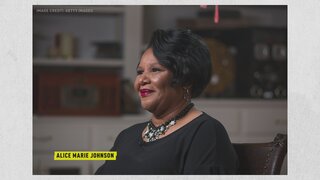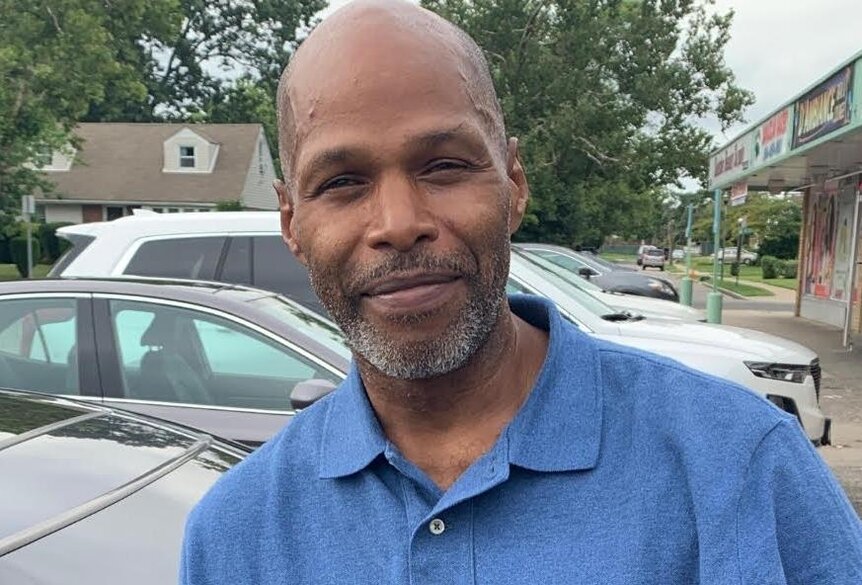Create a free profile to get unlimited access to exclusive videos, breaking news, sweepstakes, and more!
Man Convicted Of Murdering Hofstra Football Coach Has Sentence Overturned After 30 Years
Christopher Ellis’ conviction for the 1990 killing of Harry Joseph Healy, a Hofstra University football coach should be tossed out, Nassau County Judge Patricia Harrington ruled on Monday.
A man convicted of murder and imprisoned for over 30 years in New York was released by a judge this week as he waits for the next steps in his legal case.
Christopher Ellis’s conviction for the 1990 killing of Harry Joseph Healy, a Hofstra University football coach, should be tossed out, Nassau County Judge Patricia Harrington ruled on Monday. Ellis, 51, was convicted at a 1992 jury trial largely based on the testimony of a single eyewitness; there was no. forensic or physical evidence presented in court, according to a report in the New York Post. Additionally, prosecutors in Long Island never shared notes from the detectives handling the case with Ellis’ defense team, Ellis’ lawyer said.
“This was a case where not one, not two, but three young black men were railroaded by the Nassau County Police Department,” Attorney Ilann Maazel, who represented Ellis in the case, along with two other convicted men, told Oxygen.com by phone on Tuesday. “And they collectively spent many, many decades in prison.”
Prosecutors on Long Island have indicated that they are still deciding whether Ellis will face legal action in the case but Assistant District Attorney Barbara Kornblau said that she agreed that Ellis should be released on his own recognizance. Maazel said they have until Sept. 20 to decide on their next legal move.
Healy, a Hofstra University football coach, was killed on Sept. 29, 1990, while sitting on a curb eating outside an Arby’s in Hempstead, New York with a few friends. Ellis and two other men were charged with second-degree murder and attempted robbery, according to a 1990 New York Times report.
“Just do it,” witnesses said the gunman was told at the time of the alleged killing, just as the shooter had told the men to stand up.
Ellis and two other suspects were apprehended during a police narcotics stakeout in nearby Freeport months after Healy was killed. After Healy was arrested in Freeport, they were soon linked to the Hempstead killing when officers reportedly noticed similarities with a composite sketch drawn from witness accounts, police said in 1990.
“When they brought them to the station they seized the moment to solve the unsolved crime, and use all sorts of pressure tactics to coerce all three into confessing to the murder,” Maazel said.
Maazel is representing the two other men, David Liles and Gary Lawrence, who have since been paroled. At the time of their arrest, none of the confessions Nassau police drew from the young men matched, Maazel said. The key evidence against Ellis, he said, was a so-called witness identification from a woman who’d apparently been drinking that night and later identified Ellis via the sound of his voice — after twice failing to identify him in a line-up.
“This was one of the weakest, most absurd identifications,'' Maazel told Oxygen.com. “It’s incredible to me that this was even used in an American courtroom.”
Court documents also confirm that witnesses at the Hempstead crime scene were unsure if Healy was the gunman in the killing, the second man, or whether he was even at the scene in Hempstead that day whatsoever.
Ellis was joined by his family, including his now-adult son, outside the Nassau County courthouse on Monday. He told the Post that his first plan was to stop for some ice cream.
“I’m just glad to be with my family, enjoy life,” he said. “I knew [this day] would be here, but I didn’t think it would take this long.”


























